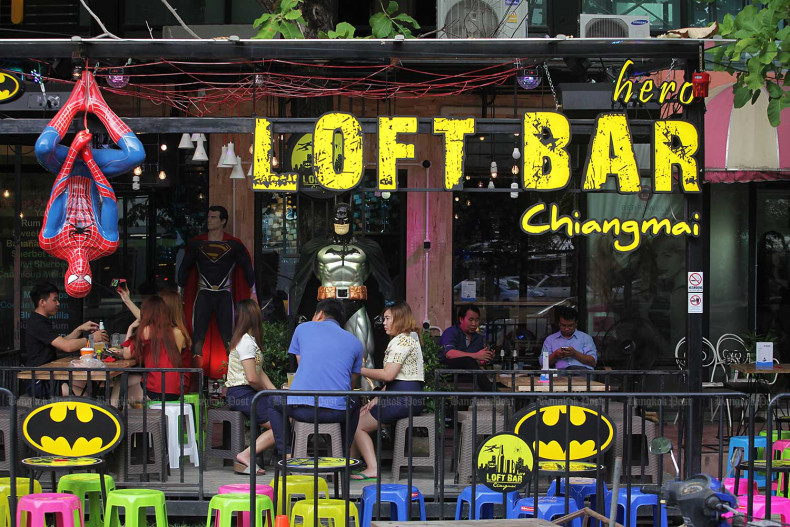New Booze Rules Spark Concern Ahead of Songkran Festival
BANGKOK, April 5, 2025 — Public health advocates and civil society groups are sounding the alarm over the government’s recent moves to relax alcohol regulations, warning that the changes could lead to a surge in violence and accidents during Thailand’s upcoming Songkran festival.
At a seminar titled “Expanding Drinking Zones vs Increased Risks During Songkran,” organized by a coalition of health and social foundations, participants urged the government to enforce existing alcohol-control laws more strictly instead of loosening them in the name of tourism promotion.
Wisanu Sritawong, chairman of the Social Synergy Network Foundation, said the relaxed policies may encourage excessive drinking, particularly at concerts and water play zones, potentially leading to more incidents of violence, road accidents, and sexual harassment.
Citing a 2024 survey across 20 provinces, Wisanu revealed that 81% of respondents supported banning alcohol during Songkran to reduce violent crimes, while 87% believed it would lower the risk of sexual harassment, and 82% said it would not affect tourist arrivals.
He recommended looking to last year’s celebration on Silom Road as a model—where emergency lanes were established, and private operators were held responsible for alcohol-related incidents.
Dr. Udomsak Saengow, a lecturer at Walailak University’s School of Medicine, criticized the government for moving ahead with changes such as permitting alcohol sales on religious holidays and in railway stations even though the revised alcohol law has yet to be officially enacted. He warned this could lead to weaker law enforcement during a festival already known for high-risk behavior.
Dr. Udomsak pointed to international research to support his claims, noting that in Western Australia, venues with extended alcohol sale hours reported three times more assaults, and in Norway, a one-hour extension of sales corresponded to a 13–22% rise in assaults in 18 cities.
He emphasized that not all tourists come to drink, and any uptick in alcohol-fueled violence or harassment could damage Thailand’s global image as a safe tourist destination.
Jaree Srisawat, a senior official from the Women and Men Progressive Movement Foundation, added that a recent national survey of 2,552 people found that 70% were worried about the potential consequences of the legal changes.
The concerns come as the Senate recently accepted an updated alcohol control bill, which was passed by parliament on March 19. The proposed changes include lifting restrictions on alcohol advertising, prompting further concerns from advocacy groups.
Three parliamentary committees—Tourism and Sports, Social Development, and Public Health—are currently reviewing the bill before a final decision is made.
Critics argue that the government’s push to promote tourism under the banner of “Amazing Thailand Grand Tourism and Sport Year 2025” must not come at the expense of public health and safety.





